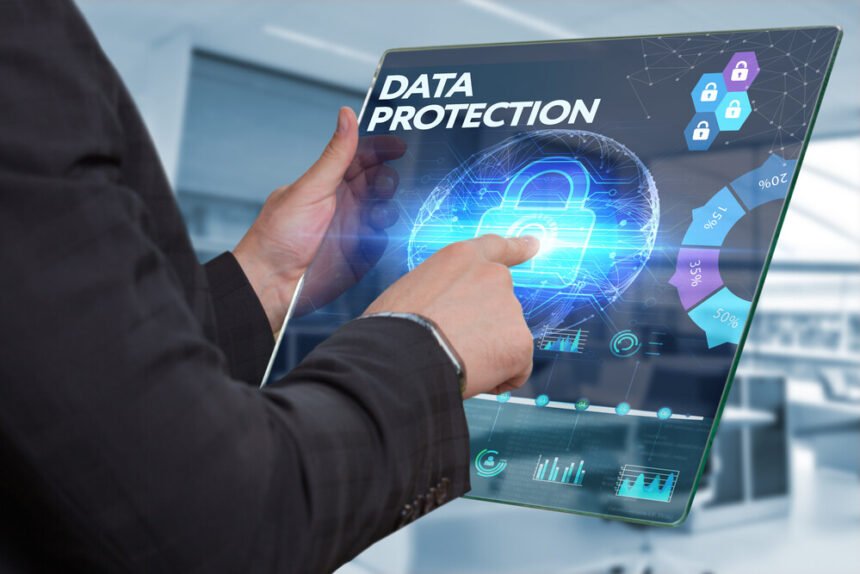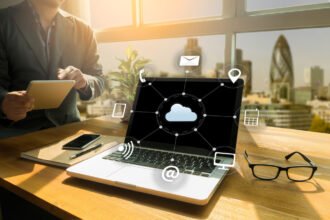Big data has become a double-edged sword for digital privacy. A few years ago, people were mostly concerned about protecting their privacy from Google, Facebook and their Internet service providers. However, they are more concerned about protecting the privacy from the government than from any other organization. According to one poll from Gallup, 67 percent of Americans feel that big government is their greatest threat.
Big data has given the government more opportunities to spy on us. However, it is also a new line of defense against government surveillance.
Here are some things that Americans must be aware of.
The government is using big data to monitor citizens
A few years ago, there were rumors that the Government used big data to monitor its citizens. Most of these allegations were dismissed as conspiracy theories. That all changed when Edward Snowden revealed the extent of the NSA surveillance efforts in 2013.
“We hack network backbones – like huge internet routers, basically – that give us access to the communications of hundreds of thousands of computers without having to hack every single one,” Mr Snowden said during his revelation. Snowden has since continued to leak more information about the government’s mass surveillance program that affected American citizens, foreigners and heads of state from our allies.
Since then, much more research has been conducted on the ways that the government has used big data to monitor our activities. Many issues don’t stem from concerns about national security. According to a recent Report, the IRS mines social media data to target citizens for audits. Other government agencies probably use big data for similar purposes.
This has raised concerns from citizens across the country. Many people have questioned whether big data was worth the trade-off for our privacy. While this is a valid concern, it is not as alarming as people would think. Big data has also proven to be a valuable tool to protect our privacy.
How citizens use big data to shield privacy from the government
Understanding the viability and limits of big data helps customers protect their privacy online. Here are some ways that everyday citizens are turning the tables on the government with big data.

Understanding the value of encryption
The revelation of the NSA surveillance program spooked many people around the world. American citizens were most concerned, because they are under the NSA jurisdiction.
Many websites pledged to help consumers protect their privacy from the government and other surveillance efforts. They began in crafting traffic, so people would still be comfortable using the Internet. Today, almost 50 percent of all Internet traffic is encrypted.
However, there are still limits to most encryption. While an Internet service provider can’t see the encrypted content their users are accessing, they can still see which websites they are visiting. This means that customers have to take additional precautions to safeguard their privacy.
This has led to the popularity of VPNs, Tor and other encryption tools.
Identifying government surveillance
Big data can also help citizens identify government surveillance attempts. The best radar detector on the market was made possible with advances in big data.
Similarly, big data can help people identify surveillance efforts. Some of these tools are still a long way away from hitting the market, but can make a big difference in our fight to secure our online privacy. New tools will be able to help people identify leaks in their DNS tunnel. This will help them see whether the content they are streaming from their ISP is being picked up by third-parties.







